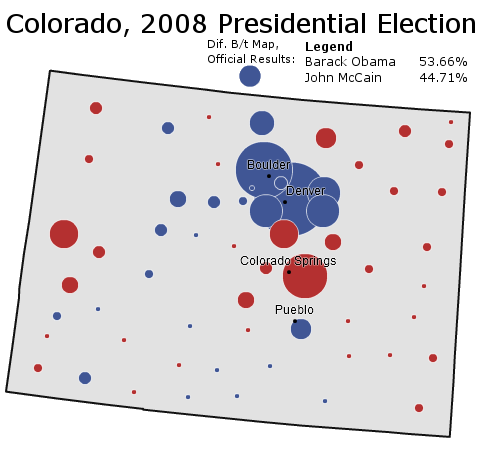Crossposted from the Worldwatch Institute’s Nourishing the Planet
Policymakers around the world need to step up their efforts to combat hunger, malnutrition, and poverty by providing greater support for agriculture. The winners of this year’s World Food Prize show how policymakers and leaders who invest in their countries’ agricultural futures can make lasting change.
The World Food Prize, awarded each year since 1994 and sponsored by businessman and philanthropist John Ruan, recognizes the achievements of individuals who have advanced human development by improving the quality, quantity, or availability of food in the world, thereby helping to boost global food security. This year, the prize will be awarded to John Agyekum Kufuor, the former president of Ghana, and Luiz Inácio Lula da Silva, the former president of Brazil, for their outstanding achievements in reducing hunger in their countries. The ceremony will take place during the Borlaug International Symposium in Des Moines, Iowa, from October 12 to 14.
Both of this year’s World Food Prize recipients have made considerable contributions to their countries’ agricultural sectors. Under former Ghanaian President Kufuor’s tenure, both the share of people suffering from hunger and the share of people living on less than $1 dollar a day were halved. Economic reforms strengthened public investment in food and agriculture, which was a major factor behind the quadrupling of the country’s gross domestic product (GDP) between 2003 and 2008. Because 60 percent of Ghana’s population depends directly on agriculture, the sector is critical for the country’s economic development.
In addition to the economic reforms, Ghana’s Agricultural Extension Service helped alleviate hunger and poverty by educating farmers and ultimately doubling cocoa production between 2002 and 2005. And the country’s School Feeding Program, which began in 2005, ensures that school children receive one nutritiously and locally produced meal every day. The program has transformed domestic agriculture by supporting irrigation, improving seeds and crop diversification, making tractors more affordable for farmers, and building feed roads, silos, and cold stores for horticultural crops.
In Brazil, among the major goals of former President Luiz Inácio Lula da Silva’s presidency were alleviating poverty, improving educational opportunities for children, providing greater inclusion of the poor in society, and ensuring that “every Brazilian has food to eat three times a day.” The government implemented policies and actions known as the “Zero Hunger Programs” to provide cash aid to poor families (guaranteeing a minimum income and enabling access to basic goods and services); to distribute food to poor families through community restaurants, assisted-living facilities, day-care centers, and related organizations; and to provide nutritious meals to children in public schools. As a result, the number of hungry people in Brazil was halved, and the share of Brazilians living in extreme poverty decreased from 12 percent in 2003 to 4.8 percent in 2009.
Not just in Ghana and Brazil, but around the world, policymakers, farmers, activists, and other leaders are investing in agricultural innovations to reduce hunger and alleviate poverty-although many of these efforts need to be scaled up. In Uganda, for example, Project DISC (Developing Innovations in School Cultivation) is teaching students how to grow, cook, and eat native vegetables, including spiderwiki and amaranth. Not only are the students learning how to cook and provide for themselves, but the classes are giving them a reason to stay in rural areas and become farmers, instead of migrating to the cities. In other countries, including Niger, Kenya, Zambia, and Zimbabwe, farmers are learning how to increase their harvests and get more “crop per drop.” In Benin, the Solar Electric Light Fund (SELF) has introduced solar-powered drip irrigation that is improving nutrition and raising incomes for farmers. After one year of implementing the innovation, villagers were eating three to five servings of vegetables a day, and children were going to school instead of spending time carrying water to the fields.
Unfortunately, agriculture is not often a top priority for policymakers-in Africa, only seven nations invest 10 percent or more of their national budgets in the sector. The leaders and policymakers-including former presidents Kufuor and da Silva-who have invested in agriculture and helped to reduce hunger and poverty in their countries deserve praise. But with some 1 billion hungry people remaining in the world who have to cope with volatile food prices, climate change, and water scarcity, much greater investment and policy support is needed to boost agriculture and improve global food security.
To purchase your own copy of State of the World 2011: Innovations that Nourish the Planet, please click HERE. And to watch the one minute book trailer, click HERE.


